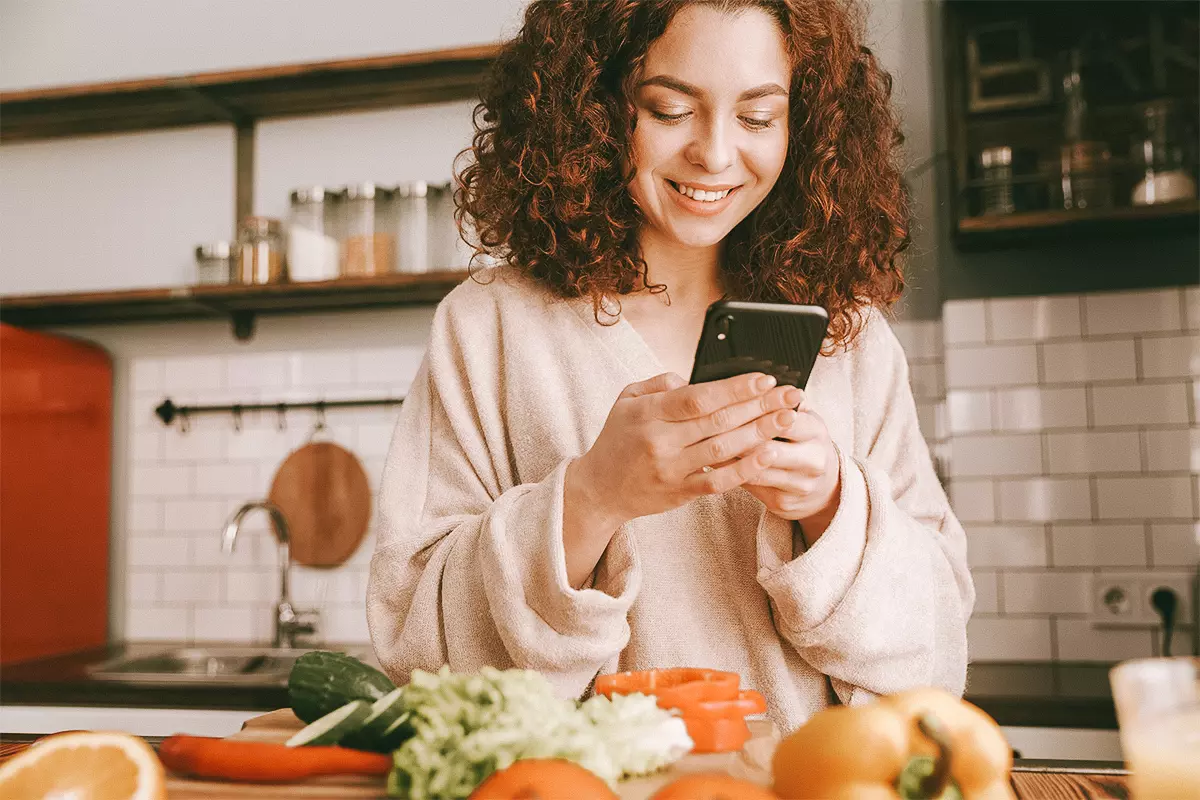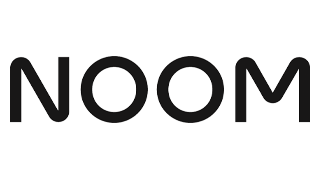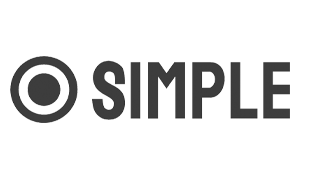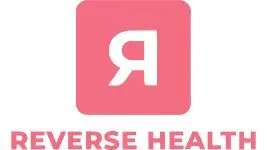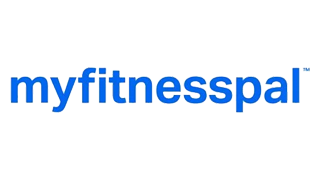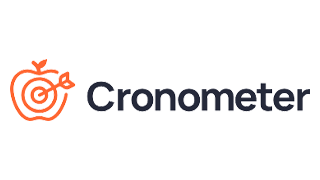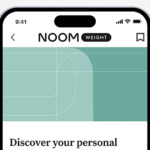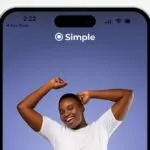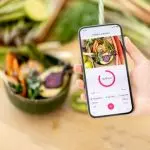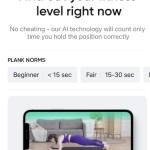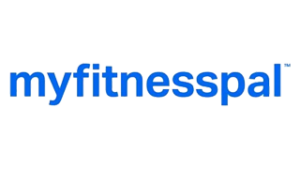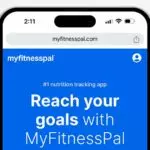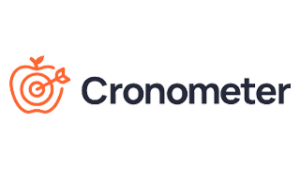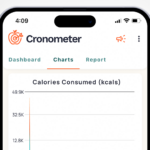Table of Contents
We know that losing weight is not easy, especially if you’re trying to tackle it on your own. Guidance and encouragement from a weight loss program or app can help you track your progress, learn about nutrition and eating habits, and stay on track toward your goals.
Certain weight loss apps on the market promote fast and unrealistic weight loss, which can lead to unsustainable goals and negative effects on your mental health. That’s why our Handbook Team tests weight loss apps ourselves to find which apps may actually help you on your journey. We look for programs that are not only sustainable but also provide an encouraging, supportive, and empathetic environment to help you develop a healthier lifestyle. Find out which weight loss apps we think can benefit your physical and mental health.
Our picks of the best weight loss apps
- Noom: Best overall
- Simple: Best weight loss app for intermittent fasting
- Reverse Health: Best weight loss app for women over 40
- BetterMe: Best app for weight loss and fitness
- MyFitnessPal: Best weight loss app for logging meals
- Cronometer: Best for a simple approach
HelpGuide Handbook’s healthy living testing methodology
Our Handbook Team members research, download, and personally test weight loss apps to find the best ones. To date, our testers have subscribed to 14 top weight loss and nutrition programs for testing. For each platform, the testers follow the program and use the features and functions for several weeks. During that time, we do the following:
By becoming familiar with the websites and apps and using them ourselves, we are able to gain a detailed view of how easy, or difficult, it is to incorporate the program into a daily routine.
Participating in online member communities and coaching sessions gives us insight into the type of support each platform offers. And our focus groups and interviews with doctors, dietitians, nutritionists, and mental health experts help us learn more about the connections between nutrition, weight loss, physical health, and mental health.
One detail we focus on is the sustainability of each program or app. A successful weight loss program or nutrition app teaches you how to establish and maintain healthy habits for the long-term.
From our tester
“There is a pattern in our research of people joining and losing weight, falling back into old patterns, regaining weight and coming back full circle.”
Our testing results, experiences of other customers we compile from interviews and surveys, and professional opinions of health experts all inform the conclusions in this review of the best nutrition apps.
For more information, read our healthy living review methodology
Compare the best weight loss apps in 2024
| Services | Food and activity tracking, daily lessons, and health coaching | AI chatbot, fasting timer, and content library | Coaching videos, meal plans, online community, exercise program, tracker | Personal health coach, customized meal plans, 4,000 workout videos, weight loss, calorie, and water tracker | Calorie counter, recipes, and workout videos | Calorie counter, fasting timer, and log meals, exercise, and health metrics |
| Free version? | No | Yes | No | No | Yes | Yes |
| Devices | iOS, Android, desktop | iOS, Android, desktop | iOS, Android, desktop | iOS, Android | iOS, Android, desktop | iOS, Android, desktop |
| Monthly cost* | $70 | $29.99 | $24 – $60 | $20 | $19.99 | $9.99 |
The best weight loss apps reviews
Best overall: Noom
Best weight loss app for intermittent fasting: Simple
Best weight loss app for women over 40: Reverse Health
Best weight loss and fitness app: BetterMe
Best weight loss app for logging meals: MyFitnessPal
Best for beginners: Cronometer
How to choose the best weight loss app for you
From meal delivery and meal plans to calorie tracking and workout guides, it may feel like there are countless weight loss app options to choose from. Here are a few things to consider when looking for your best weight loss app:
- Lifestyle limitations: Adopting new habits for healthy living and weight loss is a time commitment, but some programs require more time than others. If you’re limited on time or have schedule limitations that can’t be changed, this can inform choices between meal delivery versus meal plans you prepare yourself or light exercise versus an intensive workout plan.
- Cost and budget: Weight loss programs can be as simple as logging meals in a free or low-cost app or as involved as delivering the majority of your meals with a financial commitment of hundreds of dollars each month. As you explore weight loss programs, keep in mind what will realistically fit within your budget.
- Fitness level: Some weight loss apps are targeted at beginners, while others are created with experienced runners or strength trainers in mind. No matter where you fall on the scale of fitness level, finding an app that meets you where you are is important to your long term success.
- Weight loss goals: Depending on what you hope to achieve by joining a weight loss app, you may find some are better suited to your needs than others. For example, while MyFitnessPal is affordable and easy to use for the short term, Noom provides education and motivation that can help you sustain long-term habit changes.
- Additional features: If one-on-one coaching or community support are accountability tools you feel could encourage your weight loss, consider apps with these additional features available to members.
If you are experiencing signs of an eating disorder
First, know that you are not alone. Eating disorders affect people all over the world. In fact, it’s estimated that nine percent of people worldwide have an eating disorder. The Association of Anorexia Nervosa and Associated Disorders (ANAD) has the following resources available to people who are experiencing signs and symptoms of an eating disorder:
- Call the Eating Disorders Helpline at 888-375-7767, available Monday through Friday from 9 a.m. to 9 p.m. (unavailable on most major holidays).
- Join a virtual peer support group—there are general support groups and focused groups for LGBTQ+, BIPOC, caregivers, older adults, teens and young adults, siblings, people with larger bodies, men, and binge eating disorder.
- Request a mentor for free using the Recovery Mentorship Program.
- Browse the treatment directory to find a provider that specializes in eating disorders.
These resources can be helpful, but ultimately, you should talk to a health care provider about the symptoms you are experiencing. “I’d suggest contacting a registered dietitian or therapist/counselor with experience in treating disordered eating and eating disorders. This is important because not many registered dietitians and therapists may know how to recognize the red flags and address the issues,” says Karin Evans, registered dietitian nutritionist at Top Nutrition Coaching.
Frequently asked questions
Weight loss apps can hold you accountable toward your health goals, track your food and calories, and teach you more about nutrition and wellness, but they may not be effective for weight loss for every individual. If you want to lose weight, talk to your health care provider about the best approach for you.
The best free weight loss app in this review is the Simple app. The free version offers beneficial features like meal tracking and an AI wellness assistant that can support your goals.
Weight loss apps are best for people seeking additional guidance and support toward their goals. Talk to your doctor before signing up for a weight loss app, especially if you have a chronic health condition.
- Losing weight. Centers for Disease Control and Prevention. Link
- Laing, B. Y., Mangione, C. M., Tseng, C. H., Leng, M., Vaisberg, E., Mahida, M., Bholat, M., Glazier, E., Morisky, D. E., & Bell, D. S. (2014). Effectiveness of a smartphone application for weight loss compared with usual care in overweight primary care patients: a randomized, controlled trial. Annals of Internal Medicine, 161(10), 5–12. Link




